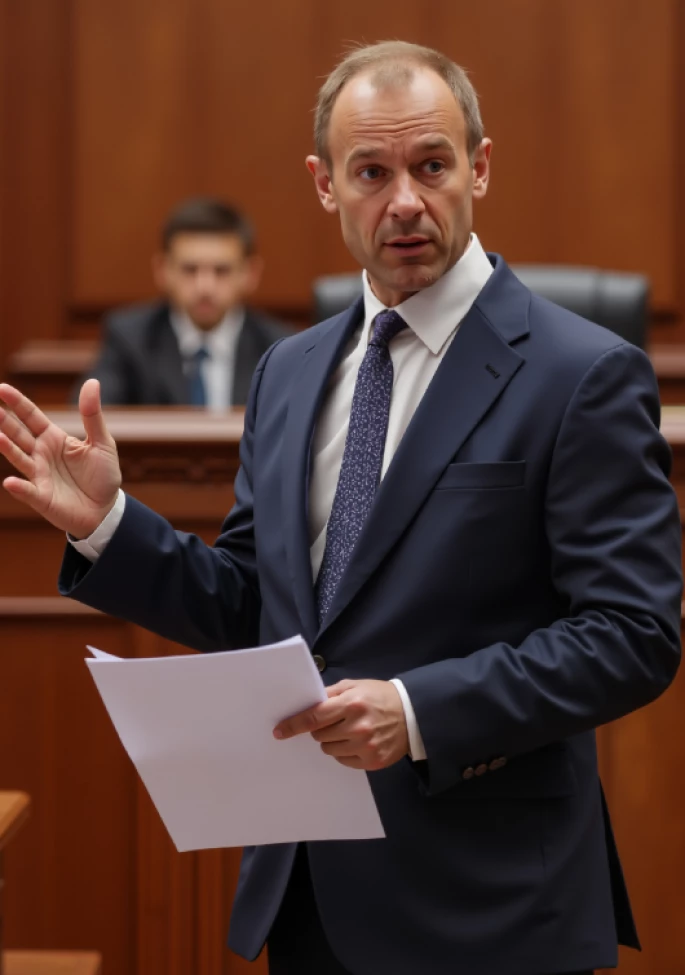At the core of nearly every current and future COVID-19-related lawsuit, there is or there will be a sympathetic plaintiff. These sympathetic plaintiffs will try to blame the harm they suffered during the pandemic on defendants. In response, the defense will strive to persuade jurors not only to disregard any natural sense of empathy and compassion but also to shift some or all of the blame for harm back on to the plaintiff. Will juries conclude that the very party whose injuries underlie the complaint maintain responsibility for that harm?
As the global coronavirus pandemic has unfolded, IMS has conducted extensive research into how COVID-19 is impacting the attitudes of jurors. Through a series of twelve in-depth mock juror focus groups across three major venues, we explored attitudes and themes relevant to the concept of personal responsibility in the context of pandemic-related matters. This research, which spanned seven litigation areas, illuminated several important considerations for litigators.
Results From the Initial Study
Our research discovered that, even in the context of COVID-19, many potential jurors still generally insisted that individuals had continuing obligations of personal responsibility. Find out how this can affect the jury on your case. The ability of the juror to accept this argument is based on two categories of factors:
- Category One: Situational variables or facts associated with specifics of the case, such as: the severity of plaintiff’s injury, and the degree to which the plaintiff should or could have understood potential risk.
- Category Two: Locus of control, a psychological concept describing how strongly a person believes he has control over the situations and experiences that affect his life.
Even in the context of COVID-19, with many events and losses seeming entirely novel and unprecedented, many potential jurors still generally insisted that individuals had continuing obligations of personal responsibility.
We identified key implications of the personal responsibility theme relevant to plaintiffs across multiple litigation areas. In potential first party insurance claims where an insurer denied coverage because of specific limitations in a policy, focus group participants had little sympathy for plaintiffs who claimed they should have coverage because their policy protected them. The mock jurors concluded that the policyholder held personal responsibility for knowing–or finding ways of knowing–exactly what type of coverage he needed.
Additionally, in potential claims brought by passengers who fell sick while on cruise ships, there was considerable belief that such claims should be at least scrutinized. Several jurors expressed conviction that such ships were notoriously unsafe. They believed passengers had an obligation to consider this factor and had personally assumed a certain degree of risk by choosing to take a cruise.
We also identified key implications of the personal responsibility theme relevant to defendants across the litigation areas we examined. For example, operators of nursing homes have historically borne the responsibility of ensuring adequate supplies and protocols were in place for residents. Focus group participants held the attitude that, despite the unprecedented nature of COVID-19 and magnitude of pandemic-related resource demands, nursing homes were not excused from this personal responsibility.
Practical and Strategic Implications for Counsel
- For plaintiffs, developing a compelling and emotional narrative to describe the hardship suffered by the complainant will be key to persuading jurors.
- For defendants, remind the jury that an insurance policy is a contract, like any other contract or agreement, and parties are responsible for understanding the terms of the contract and the associated risks. Leverage graphics to reinforce this message and convey similarities.
- The specific exclusionary language of an insurance policy should also be displayed so the jury can see it early and often. Remind jurors that, even if a policyholder should—but does not—know what is in her policy, she is bound by its terms.
- For both sides, during voir dire and jury selection, it will be important to take note of these themes and related ideologies. Such an approach will allow counsel to assess how a potential juror might broadly view personal responsibility.
Contact us today to discuss the specific needs of your case and learn more about the application of these insights for your client.





